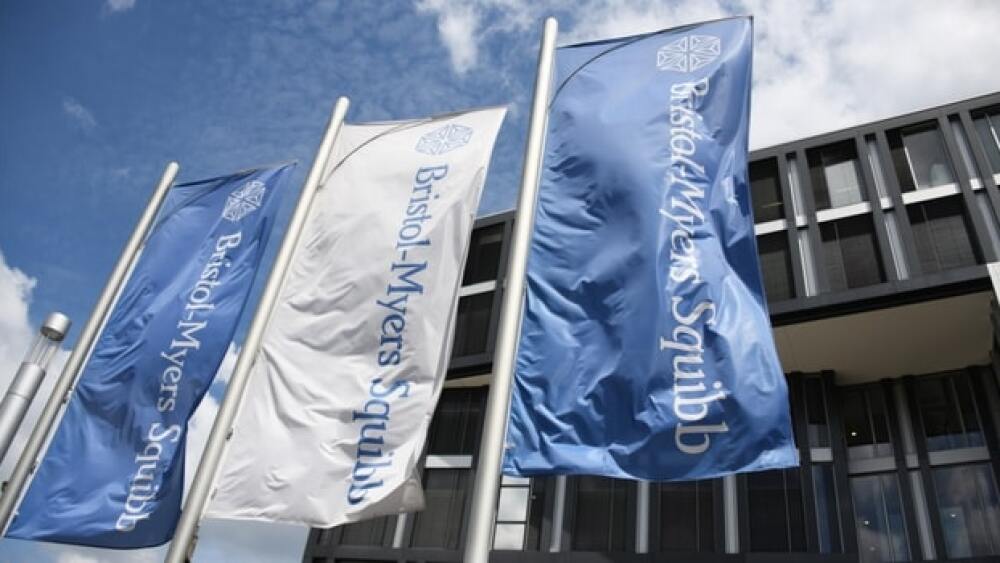Bristol Myers Squibb and 2seventy bio published positive results Friday from a pivotal Phase III trial of Abecma in multiple myeloma patients who had received two to four prior lines of therapy.
Courtesy of Nitpicker/Shutterstock
Bristol Myers Squibb and 2seventy bio published positive results Friday from a pivotal trial of their B-cell maturation antigen–directed (BCMA) CAR T-cell therapy in multiple myeloma patients who had received two to four prior lines of therapy.
Abecma (idecabtagene vicleucel) is currently FDA-approved for relapsed and refractory multiple myeloma (RRMM) patients who have failed to respond to at least four prior cancer treatments.
Newly released data from the KarMMa-3 study show a 51% reduction in disease progression or death versus standard regimens in earlier line patients.
Patients enrolled in this trial are a “very sick and fast progressing population,” Anna Truppel, M.D., senior vice president of clinical development at 2seventy bio told BioSpace.
Prior lines of treatment included an immunomodulatory agent, a proteasome inhibitor and an anti-CD38 monoclonal antibody.
After 36 months of treatment with Abecma, patients in the KarMMA-3 trial had a median progression free survival of 13.3 months compared to 4.6 months with the standard regimen. In Friday’s press release, BMS and 2seventy bio said Abecma is the “first and only CAR T cell therapy” to outdo standard regimens in a triple-class exposed RRMM group.
The results were published in The New England Journal of Medicine.
The personalized, single-infusion therapy was the first BCMA-directed CAR T cell immunotherapy approved by the FDA for this group in 2021, followed a year later by J&J and Legend’s Carvykti ( cilta-cel)
Carvykti is also pushing toward earlier-line status. In January, the therapy met its primary endpoint, beating out standard of care for progression free survival in RRMM patients who had received one to three prior lines of therapy, Janssen reported.
But Nick Leschly, CEO of 2seventy bio, doesn’t view this work as a competition and is “rooting for everyone in the myeloma room, for everyone in cell therapy... because we learn from each other.”
The bluebird bio spinoff partnered with BMS, realizing their limitations for scaling up and reaching these patients.
As these two lobby for earlier positioning in treatment lineups, the true issue with CAR T-cell therapies remains accessibility.
Not only do the price tags on these treatments clock in close to $500,000 for one suspension, but manufacturing is also a massive bottleneck. Even in KarMMa-3, three of the 250 patients slated for treatment with Abecma could not receive the therapy due to cell manufacturing failure.
The only unfortunate part of more patients being eligible for treatment is the drug product capacity issue, Leschly said.
“CAR T-enabled centers are not equally distributed throughout the country and manufacturing slots are still not enough for all potential patients,” Sergio Giralt, M.D., a hematologist at Memorial Sloan Kettering involved in the publication, told BioSpace.
Groups like the American Society of Transplant and Cellular Therapies are working on strategies to address this hindrance, like increasing CAR-enabled centers and development of shared care models. But “there is a lot to be done,” Giralt said.
While CAR-T therapies are improving length and quality of life for many patients, “very few patients if any are cured” by Abecma, said James Kochenderfer, M.D., a senior investigator in NCI’s Center for Cancer Research, in a 2021 article.
Giralt sees the opportunity in learning how to best sequence and combine the available agents – T cell engagers, CAR T-cells and antibody drug conjugates – for RRMM patients. He noted that although antibody–drug conjugates like belantemab were recently removed from the market, he expects them to return.
BMS and 2seventy bio will submit the KarMMA-3 results to the FDA in a planned supplemental Biologics License Application this year.
Featured Jobs on BioSpace






